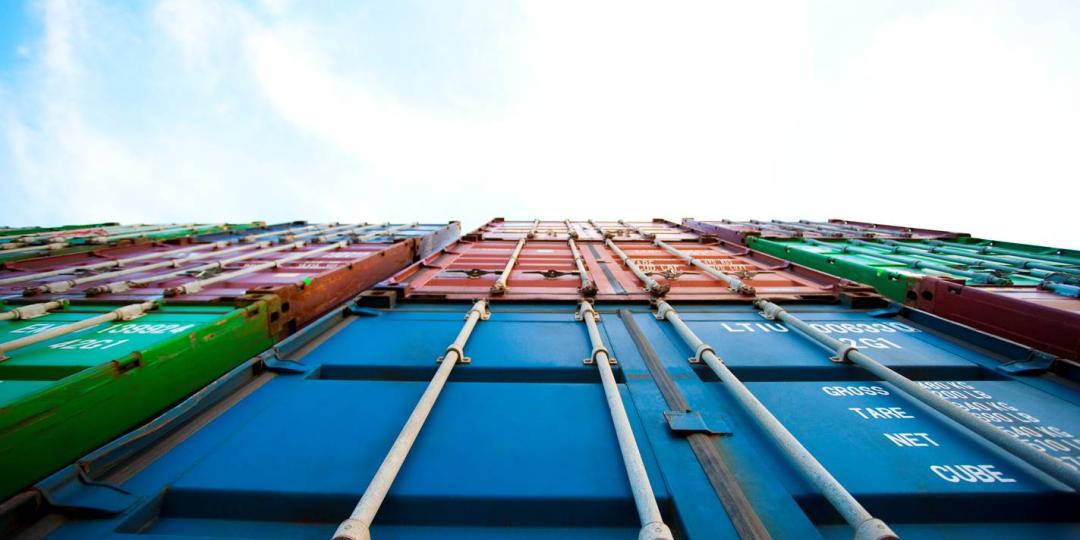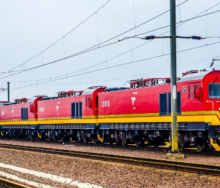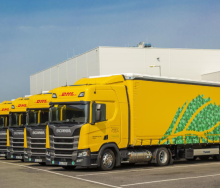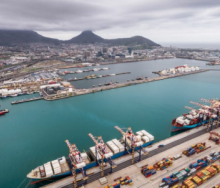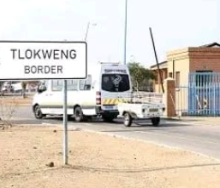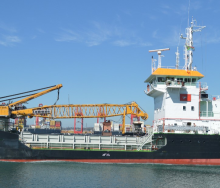Effective container management is vital for an efficient supply chain. Transport companies aim to avoid empty rides, long wait times at depots, congested areas around ports and terminals, along with other inefficiencies that lead to ballooning transport costs.
Industry best practices call for truckers to unload and then reuse import containers for export shipments as quickly as possible to save time and money and avoid empty runs – but this is often easier said than done. Empty runs not only cut into profit margins but negatively contribute to the global environmental footprint as well.
Hapag-Lloyd and Maersk, two of the largest global ocean carriers, have implemented Avantida by E2open's (Avantida) Container Management solutions to improve the handling of empty import containers for transport companies.
Avantida synchronises import shipments with export bookings to streamline container logistics. Transport companies can easily request a street turn of an empty container for a new export booking. This prevents truckers from returning an empty container in the morning only to return later in the day to pick up a similar container for a new booking. A wide range of logistics professionals, including truckers, transport planners, shippers, freight forwarders, and cargo owners, utilise these solutions to improve their day-to-day operations.
Avantida's container reuse application for street turns enables Hapag-Lloyd and Maersk to provide a quick answer to their trucking community regarding street turns. The cloud-based platform takes away the administrative hassle for transport companies to send emails back and forth to the ocean line and optimise their transport planning while benefiting from a complete overview of all their street turn requests for any carrier.
With overall container management operations running more efficiently, empty container moves decrease, depot storage costs go down, and most importantly, wasted emissions and environmental footprints significantly reduce. Transport planning becomes efficient and straightforward, ensuring transport companies are handling their empty import containers more effectively.
